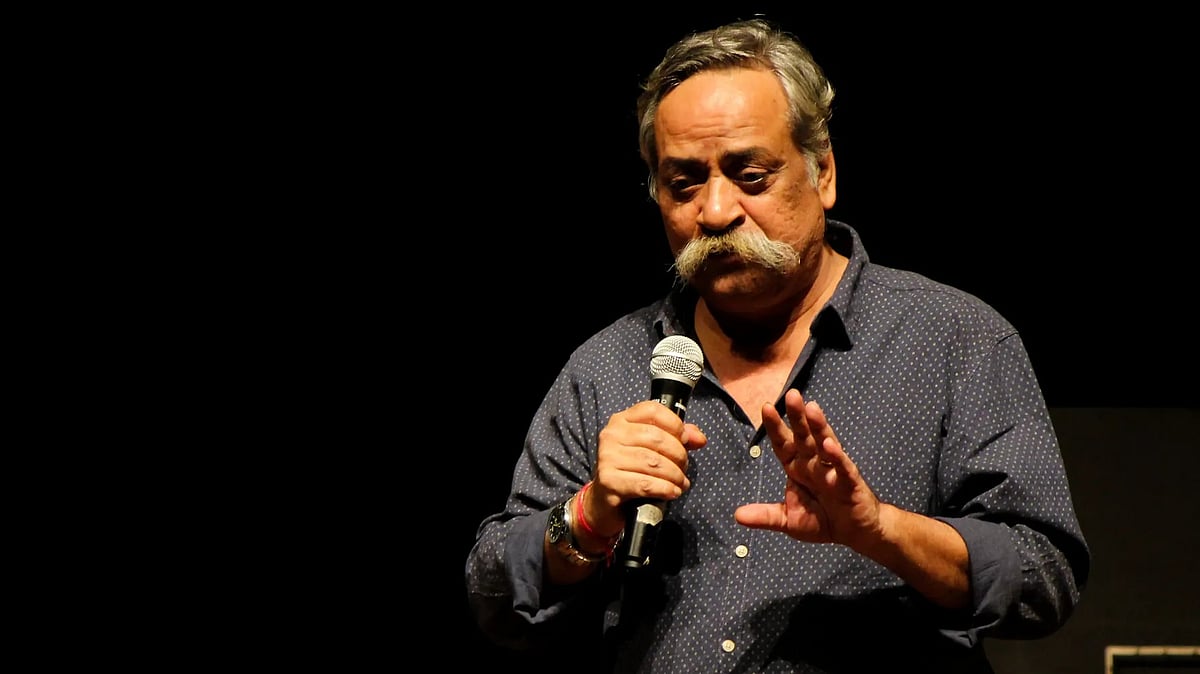Mumbai: ‘Mixopathy’, the integration of different medical systems, can indeed raise concerns regarding patient care and safety if not regulated properly, says Dr Asokan RV, National President, Indian Medical Association. Moreover IMA opposed to the hybridization of medical education reflects their commitment to upholding standards in healthcare delivery.
The inclusion of the demand to halt attempts to integrate various systems of medicine in the Indian Medical Association's charter of demands underscores the importance they place on preserving the integrity of each medical system and safeguarding patient care and safety.
Dr Asokan, was in Pune for the ceremony of incoming president IMA Pune. Dr Rajan Sancheti and his team took charge as the new president of the IMA Pune chapter on Sunday. Several IMA office bearers, including Dr Shivkumar Utture, national vice-president of IMA, attended the event.
“IMA has its firmed stance on the issue of mixopathy demonstrates their unwavering commitment to upholding the standards and integrity of medical education and practice. Regardless of the political party in power, the IMA asserts that they will oppose any attempts to introduce an integrated MBBS degree that compromises the quality of healthcare delivery,” said Dr Asokan.
He further said that following the general elections, the issue of integrated MBBS courses will likely emerge as a priority. Integrative medicine presents challenges to patient care and safety, and mixopathy poses a potential health catastrophe.
“Implementing a cafeteria approach, where patients can choose their preferred medical system, is indeed a viable solution that respects patient autonomy while addressing these concerns. It's crucial for policymakers to prioritize patient well-being and engage in dialogue with stakeholders to ensure the best outcomes for healthcare delivery,” Dr Asokan explained.
He, further, informed with over 650 medical colleges across the country every year almost a lakh MBBS doctors pass out. Moreover doctors in India are capable and sufficiently trained to provide healthcare services. Building upon the existing healthcare system and improving it further is indeed a worthwhile endeavor for the government.
“By investing in infrastructure, training, and policies that support healthcare professionals, the government can enhance access to quality healthcare and ensure better outcomes for all citizens. Collaboration between healthcare providers and policymakers is key to advancing the healthcare system and meeting the evolving needs of the population,” said Dr Asokan.
Meanwhile for the first time IMA has developed a health manifesto, highlighting the importance of healthcare issues in the upcoming Lok Sabha election. Distributing this manifesto to candidates contesting the election demonstrates the IMA's commitment to advocating for policies that prioritize public health and improve the healthcare system.
“Sensitizing political candidates about healthcare issues through the distribution of the IMA's health manifesto is a proactive approach to ensuring that future lawmakers are well-informed about the challenges and priorities in healthcare. By raising awareness about these issues early on, there's a greater opportunity for policymakers to address them effectively once they assume office,” said a senior IMA doctor.

Dr Asokan said, “IMA demands enactment of a strong law against violence against doctors and hospitals. The small hospitals are closing which cater to a large number of populations at affordable rates without any compromise in quality. These small and medium hospitals up to 50 beds and clinics should be exempted from The Clinical Establishments (Registration and Regulation) Act, 2010,” he said.









